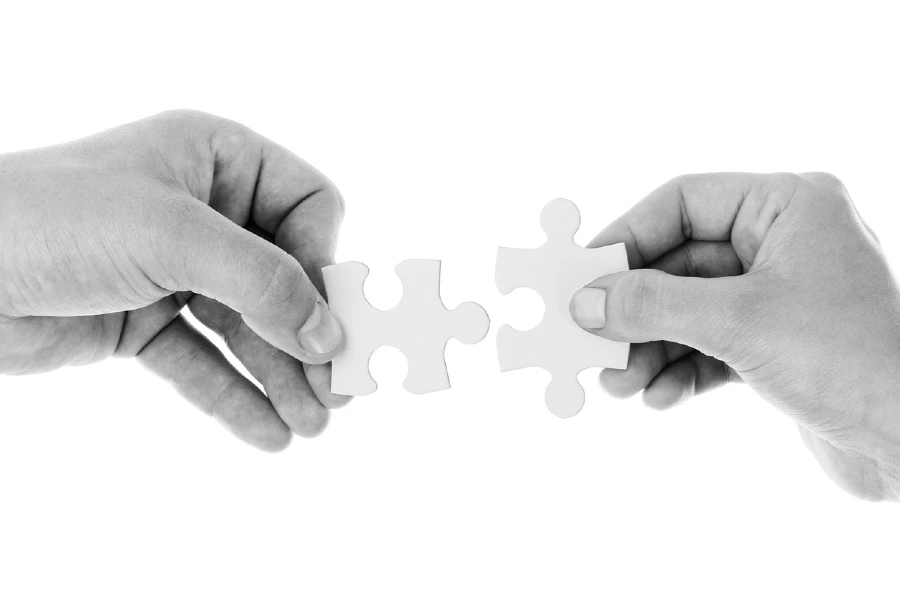Erectile dysfunction (ED) can be a source of frustration and is typically caused by a combination of physical and psychological factors. Utilizing stress management techniques can be an effective strategy for managing erectile dysfunction, particularly when psychological elements are involved. Here are a few methods you can experiment with:
Practices for cultivating awareness and reducing stress:
Mindfulness meditation is a practice that involves directing one’s attention to the current moment without making evaluations or judgments. This activity can effectively alleviate stress and anxiety, enhance blood circulation, and evoke heightened arousal.
Deep breathing exercises can effectively trigger the body’s natural relaxation response, countering the fight-or-flight stress reaction.
During stress, the sympathetic nervous system activation occurs, leading to the release of hormones such as adrenaline and cortisol. These chemicals help to prepare the body for situations that may be potentially harmful.
This physiological response elicits an elevation in heart rate, blood pressure, and muscle tension as the body prepares to confront or escape the stressor.
As the body transitions into a state of relaxation, the heart rate decelerates, blood pressure diminishes.
Nevertheless, deep, diaphragmatic breathing helps counteract the stress reaction by activating the parasympathetic nerve system, which controls the body’s relaxation and digestion processes.
Engaging the diaphragm with slow, deep breaths that expand the abdomen initiates physiological changes that facilitate relaxation.
As the body transitions into a state of relaxation, the heart rate decelerates, blood pressure diminishes, and muscle tension is alleviated. This alteration in the autonomic nervous system mitigates the adverse consequences of stress, enabling the individual to experience a state of tranquility, enhanced concentration, and improved ability to handle the challenges of their surroundings.
Consistent engagement in deep breathing exercises, such as belly breathing or box breathing, can effectively condition the body to activate the relaxation response easily. This technique is beneficial for coping with stress and promoting general wellness.
Progressive muscle relaxation is a method that involves deliberately contracting and then releasing various muscle groups in the body. This helps induce a state of relaxation and alleviate tension.
Changes to one’s lifestyle:
Regular physical exercise can decrease stress hormones and enhance blood circulation, potentially improving erectile function. Strive to engage in at least 30 minutes of training with moderate intensity most days a week.
Establishing open communication with your partner is crucial in addressing your concerns regarding erectile dysfunction (ED).
A nutritious diet consisting of a well-proportioned combination of fruits, vegetables, and whole grains is essential for promoting good sexual performance by supplying the necessary nutrients to your body. Avoid consuming processed foods, high amounts of saturated fat, and sugary beverages.
Optimal Rest: Strive to achieve 7-8 hours of restful sleep per night. Optimal rest enhances the body’s ability to manage stress and sexual stimulation.
Restrict Alcohol and Smoking: Consuming excessive amounts of alcohol and engaging in smoking might hinder blood circulation and contribute to erectile dysfunction (ED).
Interpersonal communication and therapeutic interventions:
Establishing open communication with your partner is crucial in addressing your concerns regarding erectile dysfunction (ED). Engaging in honest and transparent conversations about this matter might be quite beneficial. Experiencing support and comprehension from your partner can significantly diminish feelings of tension and anxiety.
Sex Therapy: A sex therapist can assist you and your partner in tackling the root emotional issues, communication difficulties, and performance anxiety that may be causing erectile dysfunction (ED).
Further suggestions:
Cognitive Behavioral Therapy (CBT): is a therapeutic approach that aims to identify and modify negative attitudes and beliefs that lead to performance anxiety.
Keep in mind that these procedures require a significant amount of time and effort to achieve the desired results.
Emphasize the importance of engaging in foreplay before engaging in sexual intercourse. Allocate sufficient time to engage in foreplay, emphasizing both physical intimacy and emotional bonding. This can alleviate performance anxiety and enhance the pleasure of sexual experiences.
Address Underlying Medical disorders: Specific medical disorders can be a contributing factor to erectile dysfunction (ED). Consult with your physician to identify and resolve any fundamental medical conditions that may be impacting your sexual performance.
Keep in mind that these procedures require a significant amount of time and effort to achieve the desired results. Exercise patience with yourself and concentrate on implementing modest modifications to your lifestyle and emotional well-being.
If you are experiencing difficulties in independently managing erectile dysfunction, seeking guidance from a medical professional or therapy can prove to be highly advantageous. They possess the ability to ascertain the underlying reason for your erectile dysfunction and provide tailored therapy recommendations.
